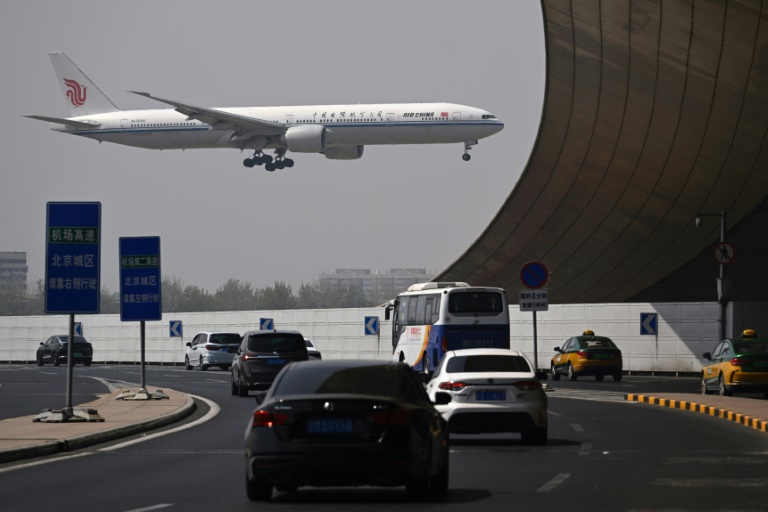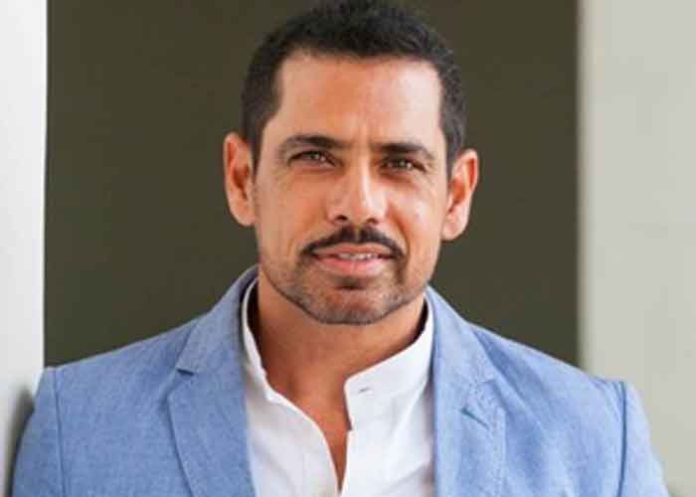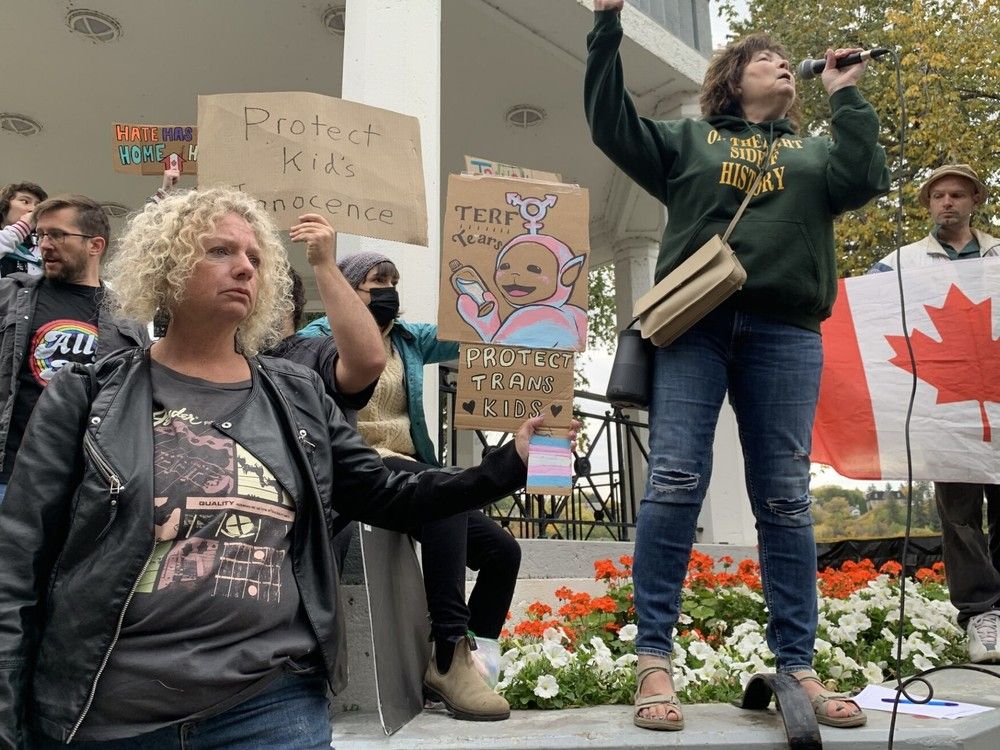The scorching summer sun may give us a false sense of safety regarding dengue threats, as we often associate the disease with rainfall. The reality is, 16 people have already died from dengue this year. Some 2,074 have also been hospitalised, according to data from the Directorate General of Health Services (DGHS).
A report in this daily warns of the growing risk of dengue with the Bangladesh Meteorological Department forecasting rain and thunderstorms in many parts of the country this week. Entomologists say that even light rain can lead to an increase in dengue cases, as the mosquito population will proliferate once the first generation of Aedes mosquitoes matures after rain. Therefore, the larvae must be destroyed now to keep the mosquito population under control.

Such preventive action is crucial to help us avoid a situation similar to 2023, when Bangladesh saw the highest number of cases and fatalities from dengue in recorded history. That year, a total of 321,179 people were hospitalised, and 1,705 people died from it. By comparison, last year's dengue prevalence was better—101,214 hospitalisations and 575 deaths.
These numbers, however, can be disputed as last year's political turmoil upended anti-mosquito drives at the local government level, with almost all councillors and public representatives arrested or on the run since the July uprising. Over eight months later, the situation has somewhat improved, with public officials now supervising basic municipal duties including cleanliness. However, proactive early actions to tackle the threat of dengue in advance of the monsoon are still not visible.
This is particularly true for areas outside Dhaka, where mosquito populations are nowhere near under control and almost no anti-mosquito drives are being carried out. We urge the authorities to act early to keep dengue in check. They must identify and eliminate breeding grounds not just in Dhaka but also in places like Barishal, which has seen a spike in cases this year.
Anti-mosquito drives should be carried out in neighbourhoods where people have been infected with dengue. Larvae should be destroyed using environment-friendly methods before they hatch, and public awareness campaigns must be launched before the regular downpours begin. Preventive measures will not only save millions in public health expenditure but also hundreds of precious lives.
The scorching summer sun may give us a false sense of safety regarding dengue threats, as we often associate the disease with rainfall. The reality is, 16 people have already died from dengue this year. Some 2,074 have also been hospitalised, according to data from the Directorate General of Health Services (DGHS).
A report in this daily warns of the growing risk of dengue with the Bangladesh Meteorological Department forecasting rain and thunderstorms in many parts of the country this week. Entomologists say that even light rain can lead to an increase in dengue cases, as the mosquito population will proliferate once the first generation of Aedes mosquitoes matures after rain. Therefore, the larvae must be destroyed now to keep the mosquito population under control.
Such preventive action is crucial to help us avoid a situation similar to 2023, when Bangladesh saw the highest number of cases and fatalities from dengue in recorded history. That year, a total of 321,179 people were hospitalised, and 1,705 people died from it. By comparison, last year's dengue prevalence was better—101,214 hospitalisations and 575 deaths.
These numbers, however, can be disputed as last year's political turmoil upended anti-mosquito drives at the local government level, with almost all councillors and public representatives arrested or on the run since the July uprising. Over eight months later, the situation has somewhat improved, with public officials now supervising basic municipal duties including cleanliness. However, proactive early actions to tackle the threat of dengue in advance of the monsoon are still not visible.
This is particularly true for areas outside Dhaka, where mosquito populations are nowhere near under control and almost no anti-mosquito drives are being carried out. We urge the authorities to act early to keep dengue in check. They must identify and eliminate breeding grounds not just in Dhaka but also in places like Barishal, which has seen a spike in cases this year.
Anti-mosquito drives should be carried out in neighbourhoods where people have been infected with dengue. Larvae should be destroyed using environment-friendly methods before they hatch, and public awareness campaigns must be launched before the regular downpours begin. Preventive measures will not only save millions in public health expenditure but also hundreds of precious lives.
.
















